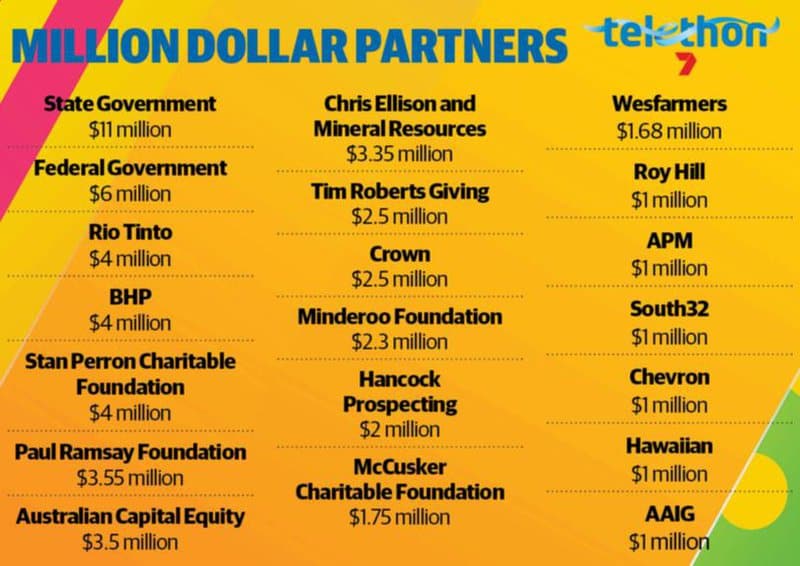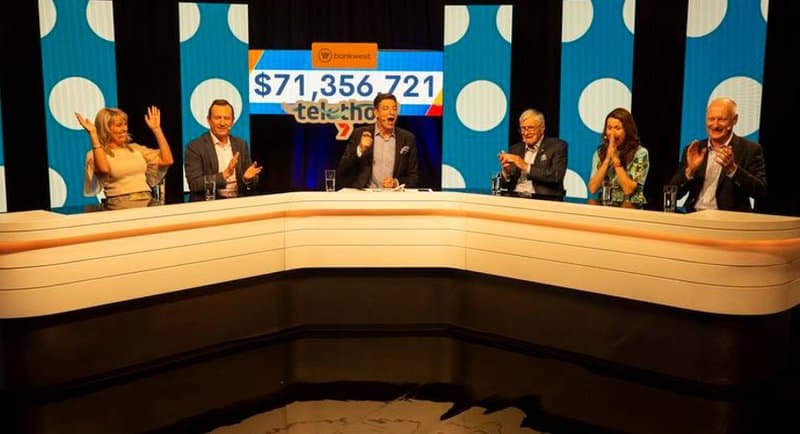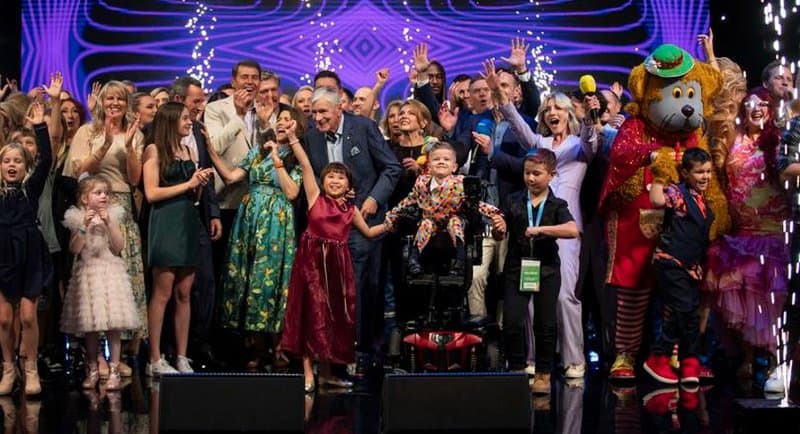Seven’s Telethon 2022 in Western Australia has raised a record-breaking $71.4million over the weekend.
The fundraising event has raised a total of $500million in its 55 years for research into childhood diseases, state-of-the-art equipment and programs that provide critical services for children with disabilities or disadvantages, The West Australian reported.
This year the Telethon, which began in 1968, is supporting 97 beneficiaries, including Autism Association of WA, Australian Kookaburra Kids Foundation, Bully Zero, Cancer Council WA and Foodbank WA.
Prime minister Anthony Albanese described the occasion as “quite extraordinary” and donated a $6 million gift from the Federal Government.
Albanese also praised the generous spirit of the West Australian people and said: “That is something that I think is characteristic of this event …. people are here to help others and that is a good thing.”
“It’s a good thing for those who we help, but it’s also good when we help because it makes us feel better about ourselves and who we are. This Telethon is a great example and you should be very proud as a West Australian community,” he said.
West Australian premier Mark McGowan also noted that the State Government’s contribution to the Telethon was $11 million, up from $10 million last year.
Meanwhile, Gina Rinehart’s Hancock Prospecting and Roy Hill also made a combined commitment of $3 million, according to the publication.

Richard Goyder, chairman of the Telethon, praised the efforts of the West Australian people.
“We live in the most amazing place, in a world that’s got its challenges and its troubles at the moment.
“For most of us, we enjoy a standard of living and a lifestyle that most people can only aspire to. But making our kids healthier and looking after those families who really need our help makes us as a community stronger,” Goyder added.
Professor Fiona Wood, a world leading burns specialist, explained that the impact of the donations made during the telethon would greatly help the technology used to improve the lives of her young patients, the West Australian reported.
“We do 3D printing of scans and we’re building a library around an iKnife where we can tell the chemistry as we’re cutting through,” she said.
“We’ve also got new therapies out there that we can see how we can un-scar the scar. There is also so much work going on with the brain and how we can use the power of the mind to improve the outcomes,” Wood added.

Sarah McGowan, Premier Mark McGowan, host Basil Zempilas, Seven West Media boss Kerry Stokes, wife Christine Simpson Stokes and Telethon chairman Richard Goyder at Telethon 2022
